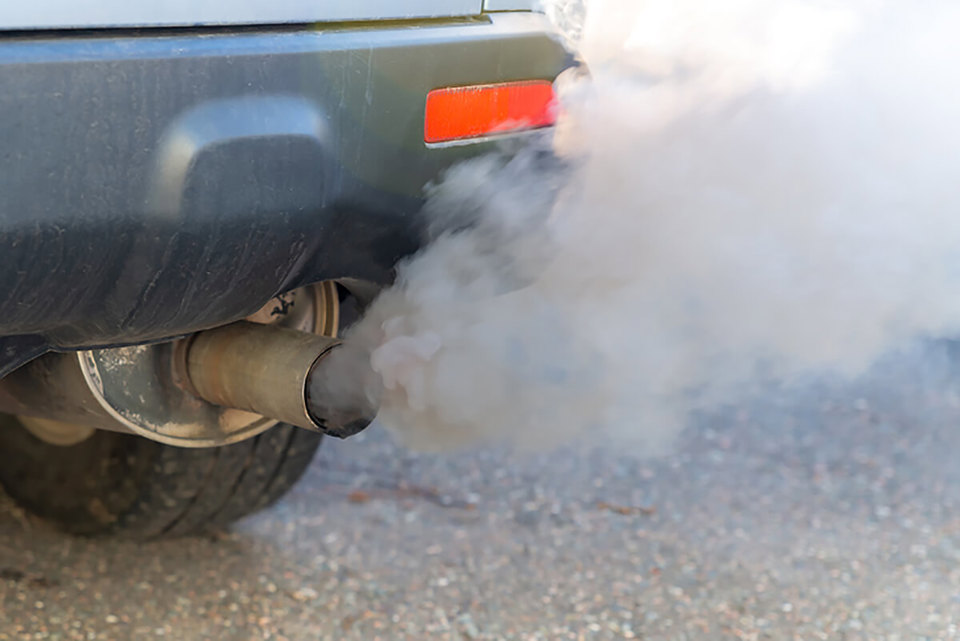It is too early to say whether used values of Volkswagen, Audi, Škoda and Seat cars will be affected by the emissions scandal, but could air quality issues yet drive down the price of diesel cars?
In the past few weeks, CAP Automotive reported some weakness on Golf diesel 1.6-litre TDI 105ps, but said this could be attributed to higher volumes in the market over the past few months.
Trade values of Volkswagen used diesel cars in the Glass’s database showed there was a 0.2% drop in values last month. However, the overall market in the same period had risen by 2.8%, meaning that Volkswagen’s values are trailing the market by 3%.
Rupert Pontin, head of valuations at Glass’s, said: “We have seen a small downward movement for Volkswagen Group.”
However, he added: “We have not looked at it in the detail we would like to. We’re in the process of doing that, but it does not come as a surprise to see a slight downturn. This is a situation that has never been seen before in the UK. It’s the consumer that will decide what will ultimately happen.”
Derren Martin, CAP black book editor, said: “We are not discounting the fact that there may be some short-term impact on prices across the marques in the Volkswagen Group over the coming weeks, due to the amount of negative media coverage. However, we haven’t seen it yet. But we will continue to monitor the situation.”
The residual values (RVs) of all diesel cars could be impacted, however, if proposals from the Department for Environment, Food and Rural Affairs (DEFRA) are adopted.
They include the introduction of so-called Clean Air Zones, which could result in diesel models being banned from areas where pollutants are particularly high.
Pontin warned: “A ban would be catastrophic, because it would make any diesel car impractical to use on a daily basis.
“The other consideration is how goods and services would be delivered, as often it is commercial vehicles that create the largest pollution risk and the general public would just not understand a ban on diesel for them and not for industry.”
Pontin suggested that a “more feasible option” would be a “pollution charge” in towns and cities, although he admitted that it would also have “a very negative effect on values as running costs would effectively increase very rapidly”.
“Thousands of owners would be forced to change their cars,” he said.
He urged fleet decision-makers to plan ahead and act on vehicle replacement cycles as soon as DEFRA sets out details of the full framework for Clean Air Zones in early 2016.
Dylan Setterfield, CAP’s senior forecasting editor, said: “We would not expect any impact on used values for cars of five years old or less. Older cars, particularly diesel, could well be affected.”
Although details of Clean Air Zone emissions-based urban access controls and timescales for their introduction by local authorities nationwide have yet to be announced, rules announced by Transport for London (TfL) for the capital’s Ultra Low Emission Zone (ULEZ) may offer guidance.
That will be introduced on September 7, 2020 giving, free access to central London for Euro 6-compliant diesel vehicles and Euro 4-compliant petrol vehicles. Any vehicles that do not meet those standards must pay a charge: £12.50 per day for cars and vans and £100 per day for vehicles above 3.5 tonnes, buses and coaches.
“The newest diesel cars are far, far less environmentally damaging than their predecessors. There is a tremendous difference between today’s new cars and the oldest diesel engines still running, some of which even pre-date common rail technology,” said Setterfield.
“The days of the old fashioned dirty, smelly, noisy diesel engines are almost over.
“NOx is an issue that the industry should have tackled sooner, but the priorities were effectively set by governments and the European Union focusing on CO2 emissions.
“It is unlikely that the focus on CO2 will change in the medium term, given that everyone is still working towards aggressive emissions reduction targets which extend out to 2021.”

















Dylan Setterfield - CAP Senior Forecasting Editor - 21/10/2015 10:54
The local authorities all have draft air quality plans (http://uk-air.defra.gov.uk/library/no2-consultation-documents-2015). Despite the previous commission of 15 feasibility studies, the only Clean Air Zones still proposed in our major cities outside of the capital are in Birmingham and York. The Birmingham would ban all non-Euro 6 vehicles (almost all taxis, buses, LCV, and HGVs and most passenger cars, but NOT new diesels) and York is already largely pedestrianised. If either of these come to fruition, they are unlikely to affect used prices of diesel cars.